
BBC Two
Featured Show:
Rough Science
Science challenge series in which a team of five scientists pool their knowledge in order to complete a selection of set tasks.
BBC Two TV Shows
1961 shows • Page 69 of 99
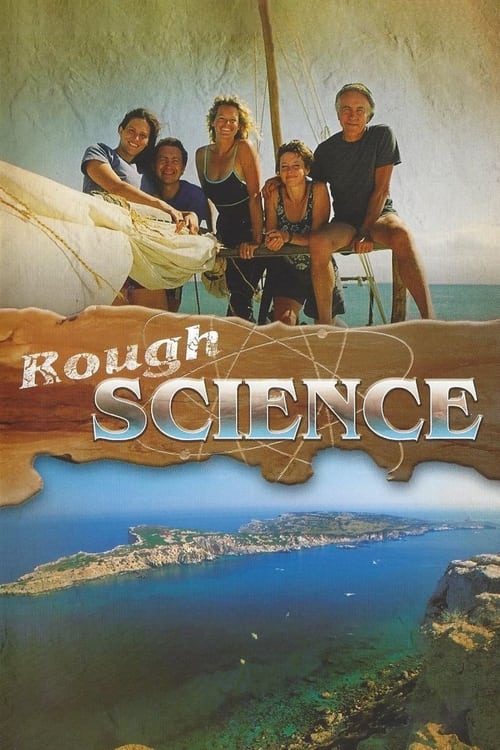 0
0Rough Science
Science challenge series in which a team of five scientists pool their knowledge in order to complete a selection of set tasks.
 0
0Don't Look Down
Design expert Kevin McCloud secures breathtaking vantage points from which to view impressive feats of architecture as he scales some of Britain's highest structures.
 0
0Brits
Three part documentary series relating to the activities of the British army and security services during Northern Ireland's Troubles.
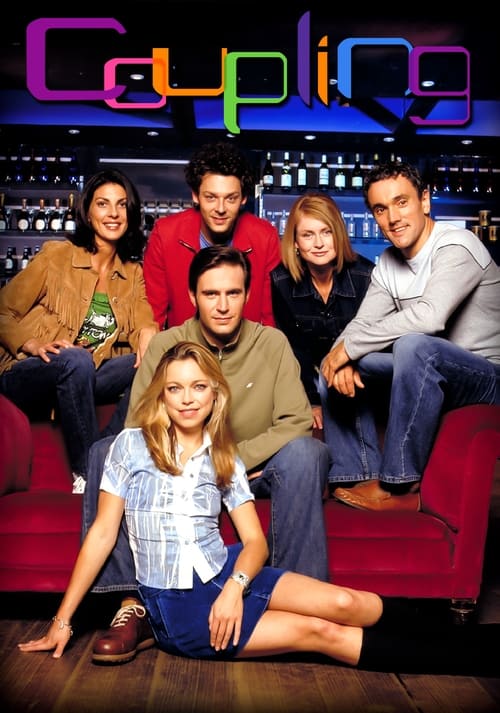
Coupling
Six friends in their thirties navigate dating, sexual adventures, and mishaps on their quest to find love.
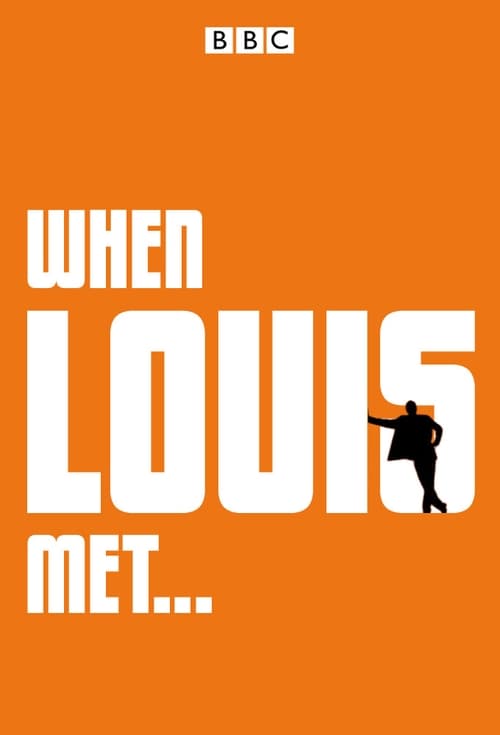
When Louis Met...
A fly-on-the-wall series showing Louis Theroux spending time with guest celebrities.
 0
0We Are History
We Are History is a British comedy series broadcast on the BBC. It ran for two series of six ten-minute episodes. The series was a parody of historical and archaeological documentaries, especially those of the Time Team, Meet the Ancestors and Simon Schama. Marcus Brigstocke played dubious historian David Oxley, who would attempt to 'recreate' a number of historical events in a modern setting. In one episode, he recreated the Viking invasion of Britain in "the last bastion of Viking control" - an Ikea store. In another, he recreated the Spanish Armada in a swimming pool with children throwing foam balls at one another. Much of the humour derived from Oxley's singular incompetence and stupidity. He seemed totally unaware of the facts of history and often made things up as he went along. Each episode had a general theme that offered a view of history totally at odds with the known facts - such as Camelot being buried underneath Heathrow Airport or the Norman invasion being a bunch of French visitors who overstayed their welcome and got carried away. In every episode, Oxley talked of "new evidence unearthed by local enthusiasts".
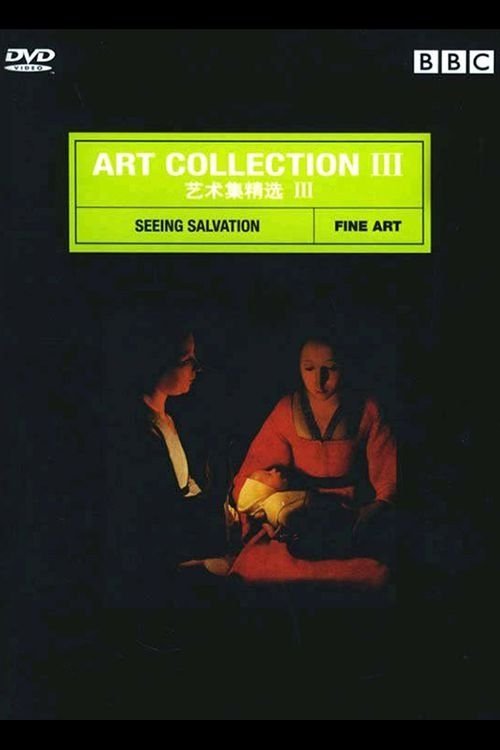 0
0Seeing Salvation
Christianity has produced some of the greatest works of art of all time, in which believers and non-believers alike can explore the great themes of life and death. It is the language in which Leonardo and Michelangelo, Dali and Rembrandt speak to us all about love and suffering, loss and hope. To mark the year 2000, these four programmes, written and presented by Neil MacGregor, Director of the National Gallery, London, consider how artists over two millennia have tackled the extraordinarily difficult task of representing Christ. Without contemporary accounts of Jesus' appearance, artists through the ages have been free to create many images of him - images that sometimes reflect the spiritual world of the artist and other times the desires of the patron or the needs of the spectator. Seeing Salvation is a four part series surveying the historical representations of Jesus Christ in Western European art and sculpture over the centuries since Roman Times.
 0
0Blouse and Skirt
Blouse and Skirt was a short lived BBC comedy show which had a Question time style format but from the Black British perspective.
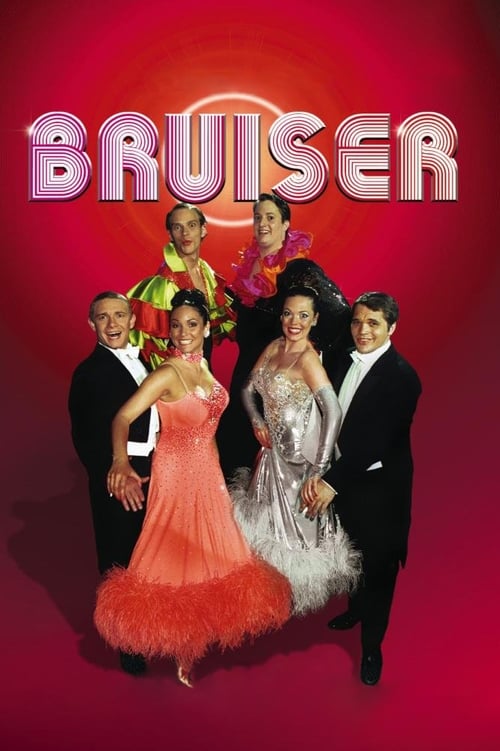
Bruiser
Bruiser is a TV comedy sketch show produced for BBC Two.
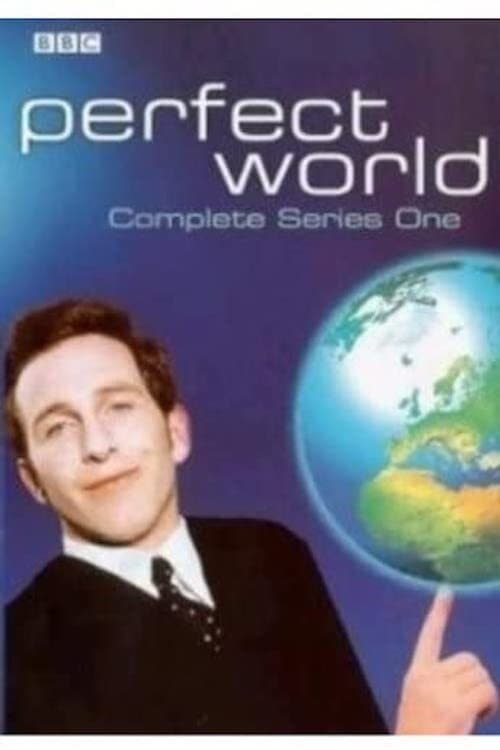
Perfect World
A comedy about the ups and downs of Bob Slay, an obnoxious, rude and arrogant, but extremely successful, marketing executive.
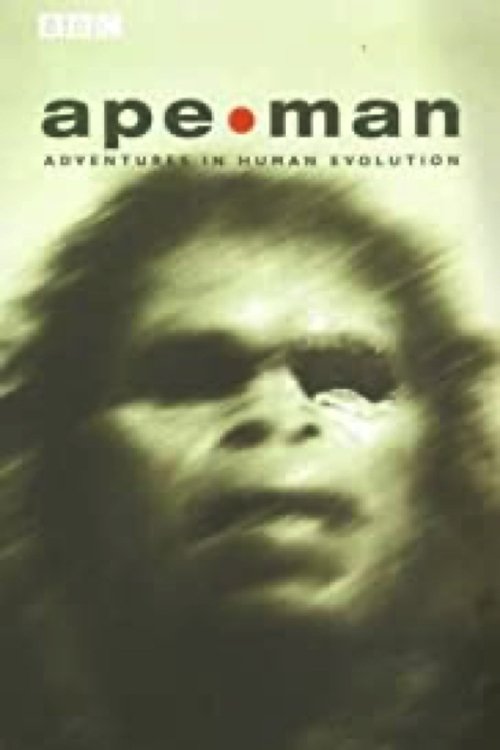 0
0Ape-Man
Series exploring the origins of human life, from African beginnings to Ice Age artists.
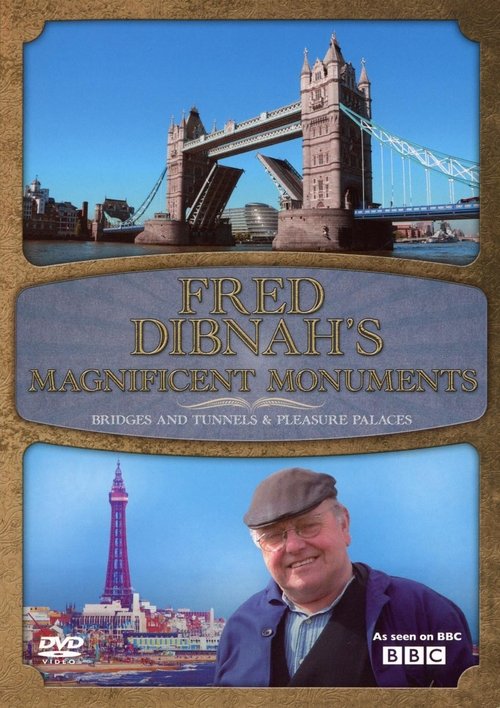
Fred Dibnah's Magnificent Monuments
Documentary series which sees Fred Dibnah touring Britain's great building feats.
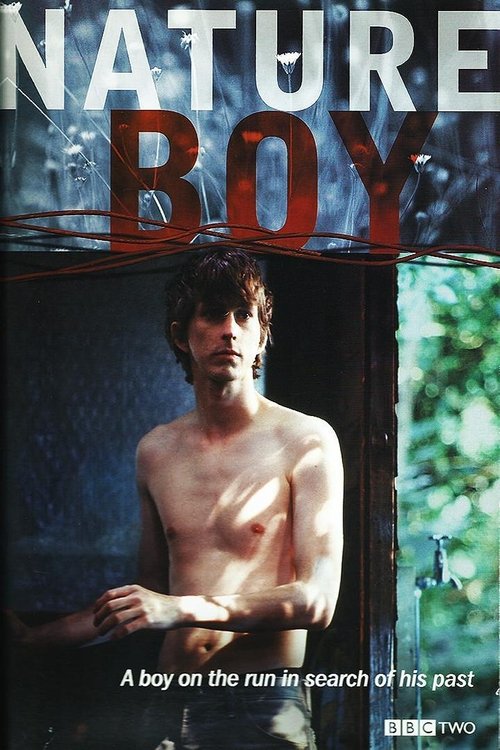
Nature Boy
A sensitive young man who relishes time in nature is at odds with the rough urban culture in which he lives.
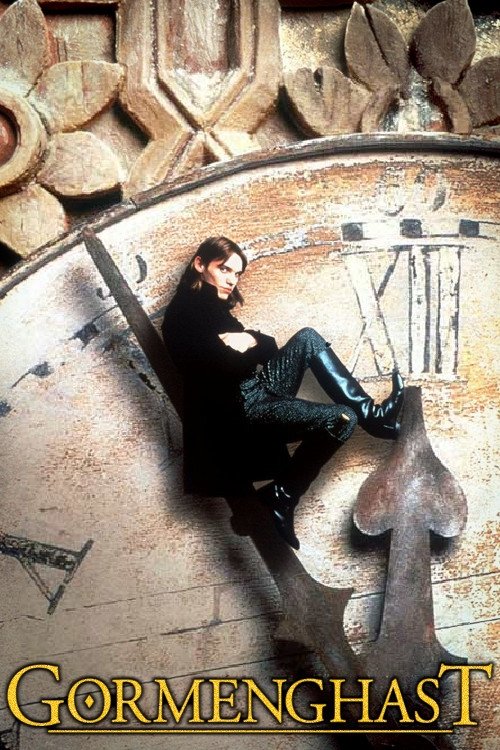
Gormenghast
At the Castle of Gormenghast, the Groan family has ruled with dusty ceremony for more than seventy generations. A clever and ambitious new kitchen boy, Steerpike, begins to insinuate himself into the affections of Lady Fuchsia Groan and to murder his way to power.
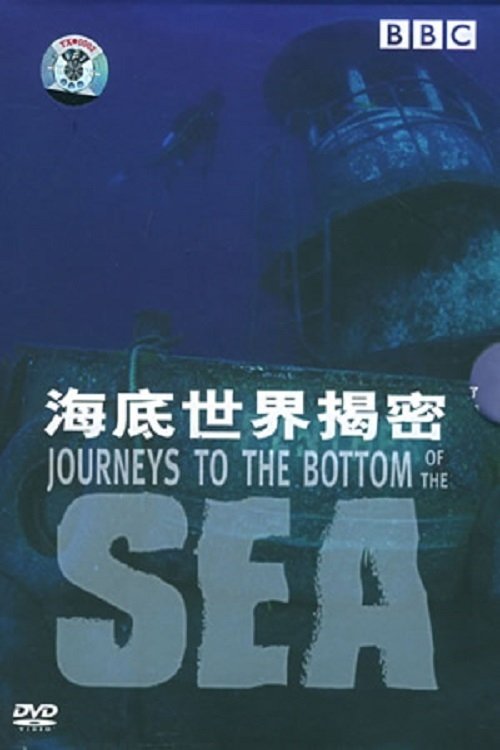
Journeys to the Bottom of the Sea
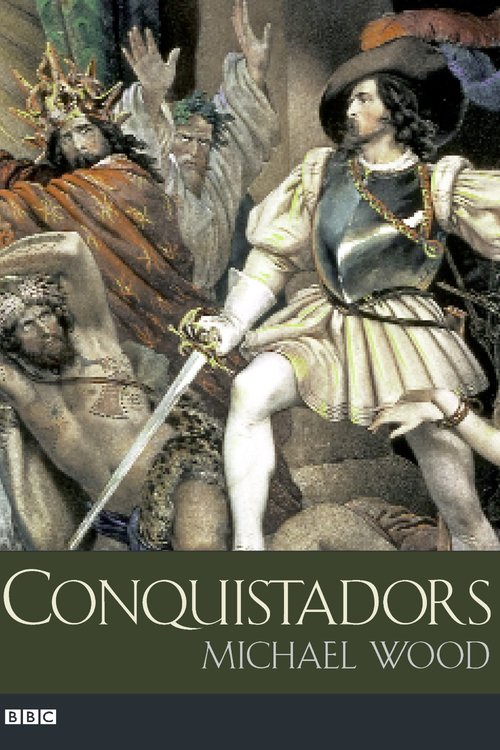
Conquistadors
Conquistadors is a documentary retelling of the story of the Spanish expeditions of conquest of the Americas. In this 4-part series historian Michael Wood travels in the footsteps of the Spanish expeditions, from Amazonia to Lake Titicaca, and from the deserts of North Mexico to the heights of Macchu Picchu.
 0
0Monster TV
Monster TV was a children's television comedy drama about three children who run a TV show in their basement called "Monster TV", with monsters Herbert and Rocky as the stars. Little information was published about the show online.

Hippies
Swinging London, 1969. From his flat in Notting Hill Gate, Ray Purbbs edits an 'underground' (that is, counterculture) magazine, Mouth, assisted by his fellow hippies Alex, Jill and Hugo. Ray is passionate about protest, ludicrously enthusiastic about every hip trend and convinced he is (or could be) a major player in the battle between the Establishment and the alternative society. Alex - though he comes from a wealthy background and seems more interested in golf than altering society - is coolness personified, a man so laid-back he seems to exist outside of reality. Jill embraces all the new-found liberty afforded her gender and claims to espouse free love, though this attitude doesn't stretch to her 'boyfriend', Ray, long been deprived of her carnal interest. Hugo is spectacularly vague, almost brilliant in his obliqueness. Led by Ray, the quartet jump on every trendy bandwagon and comprehensively fail to make the slightest bit of difference in all they do. The gang are pretty useless at everything - in fact, they're not even that good at being hippies.
 0
0Secrets of the Ancients
Whenever people today see wonders of the ancient world, like Stonehenge or the Pyramids, the question that always comes up is "how'd they do that? These are the questions that this documentary series tries to answer, and one thing is clear ? it wasn't easy!
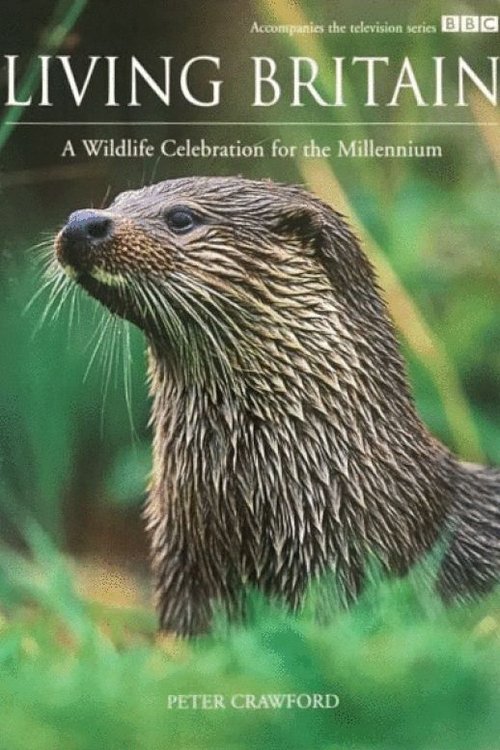 0
0Living Britain
Living Britain is a six-part nature documentary series, made by the BBC Natural History Unit, transmitted from October to December 1999. It was produced by Peter Crawford. It examines British wildlife over the course of one year. Each of the programmes takes place in a different time of year.